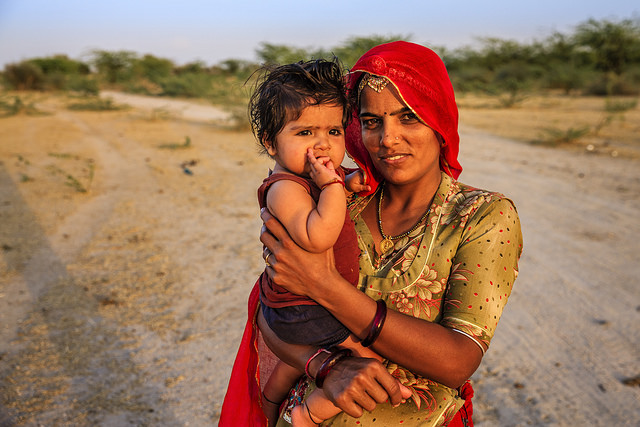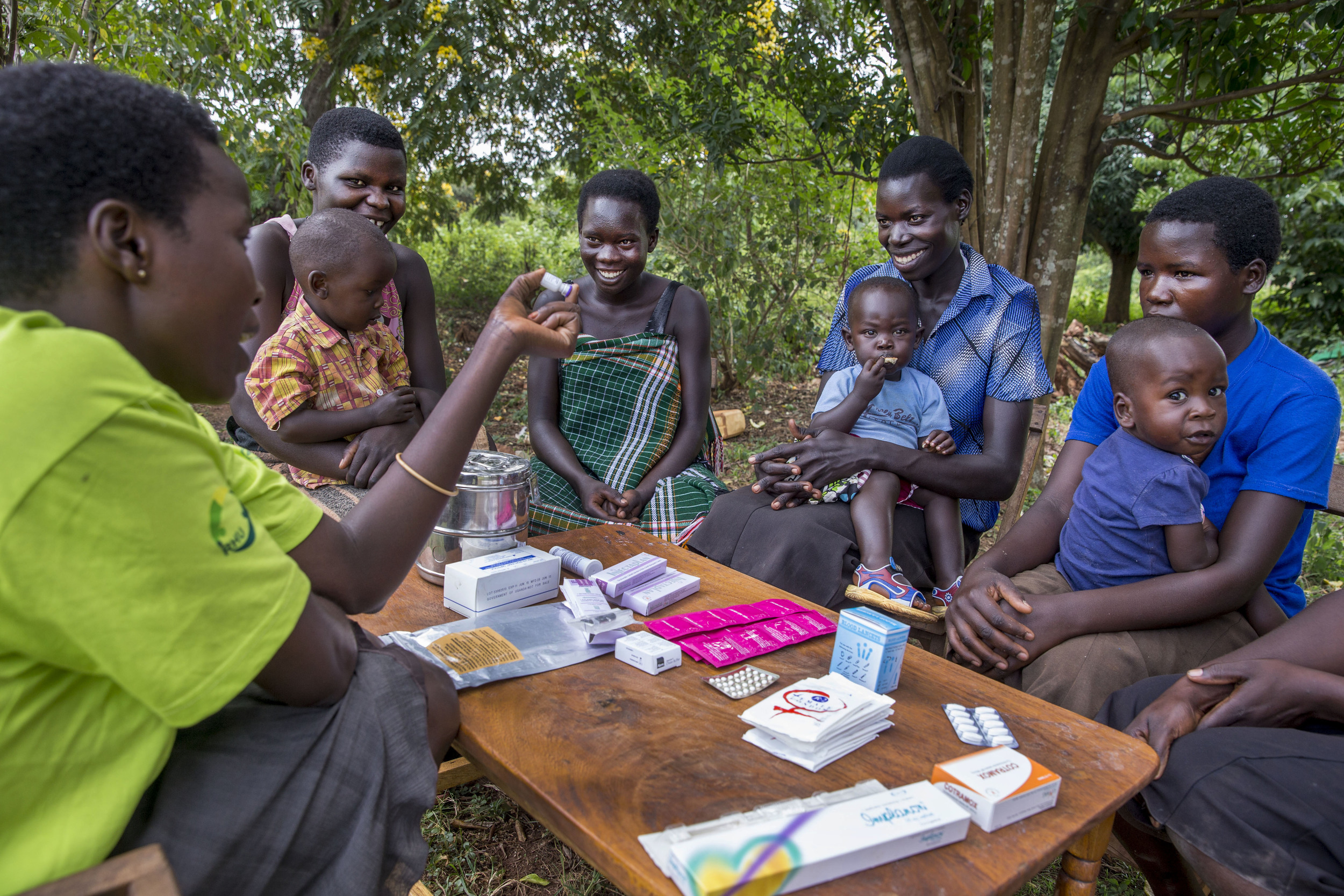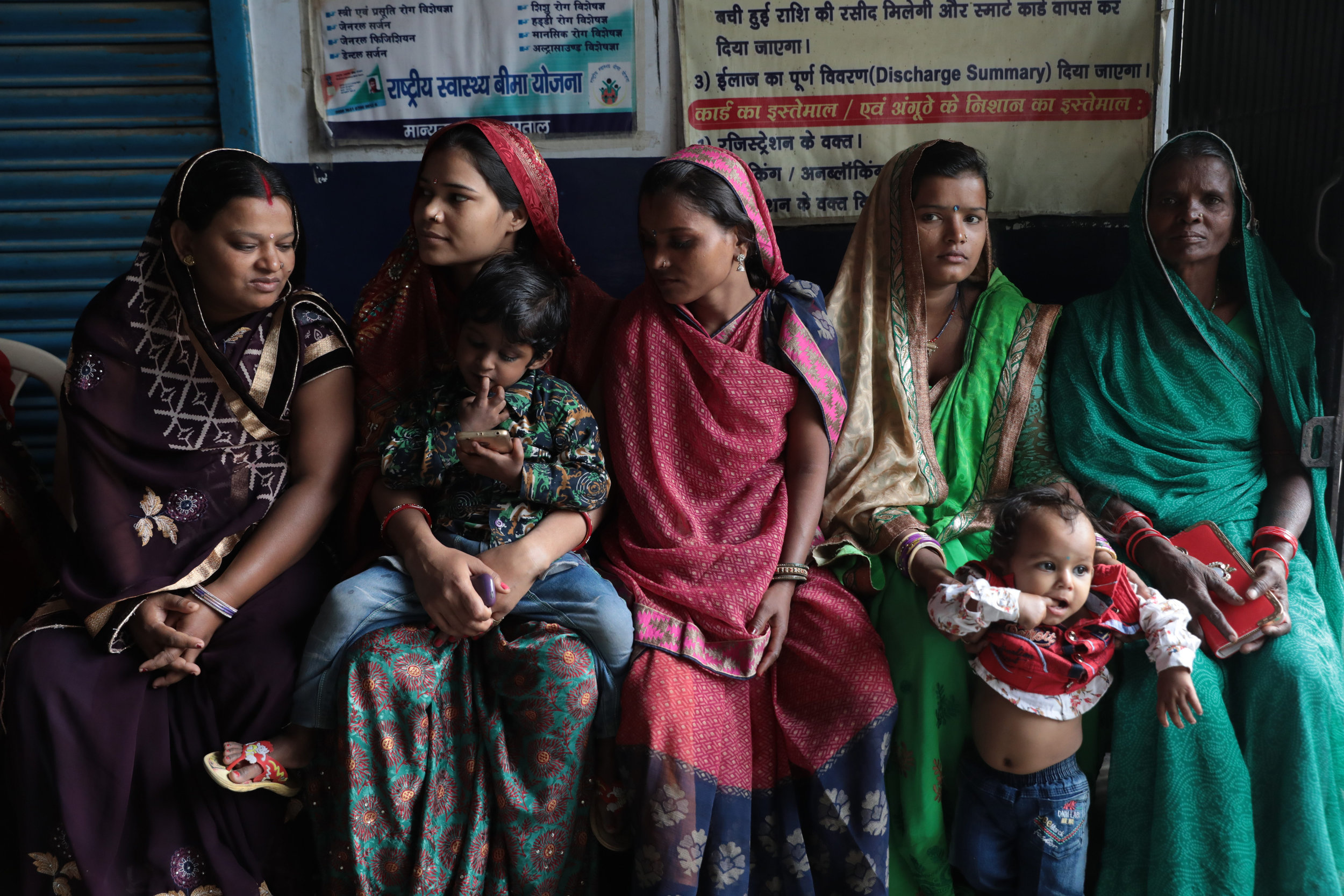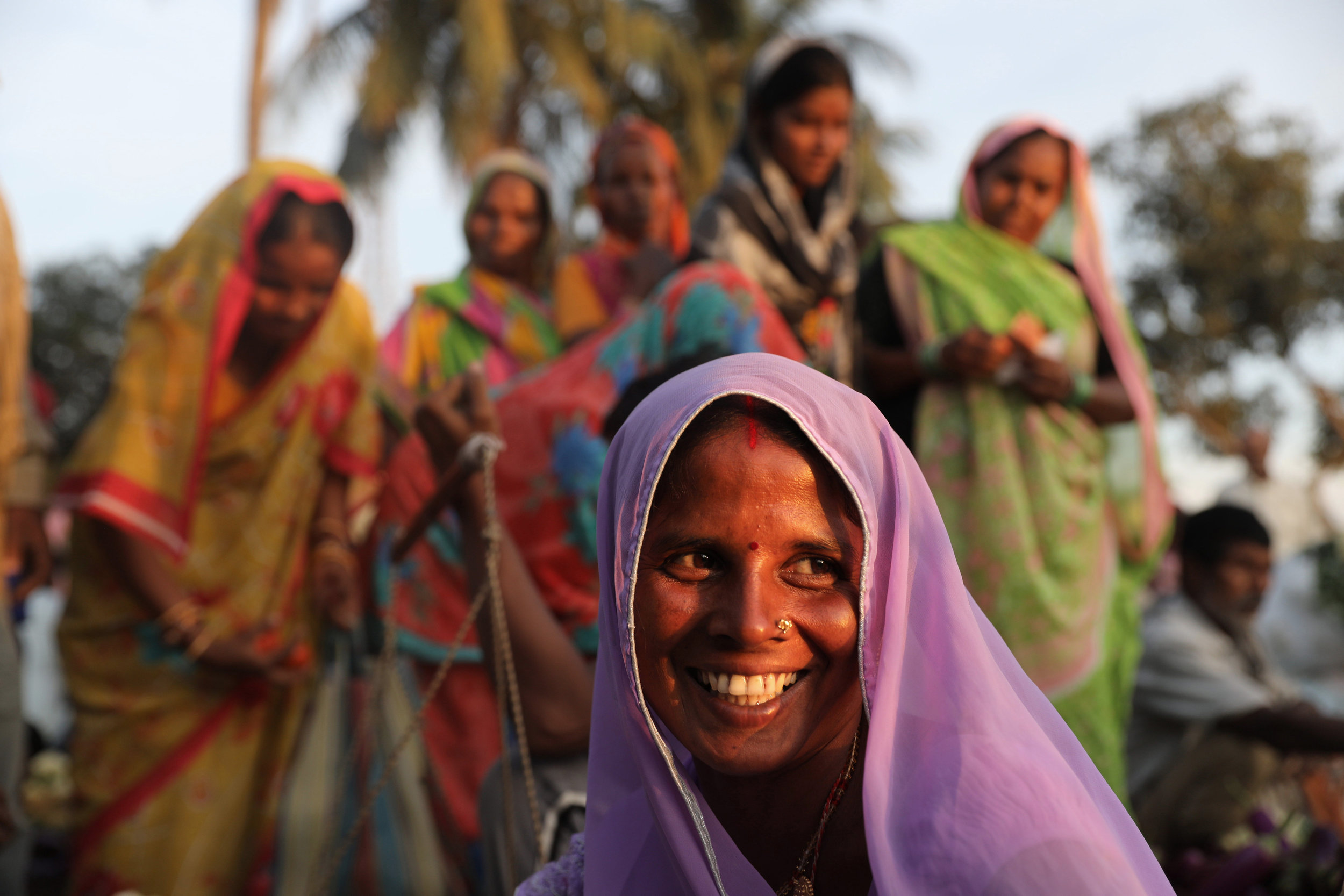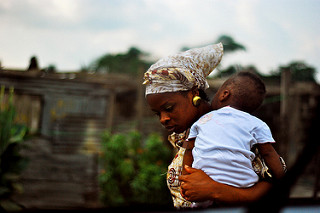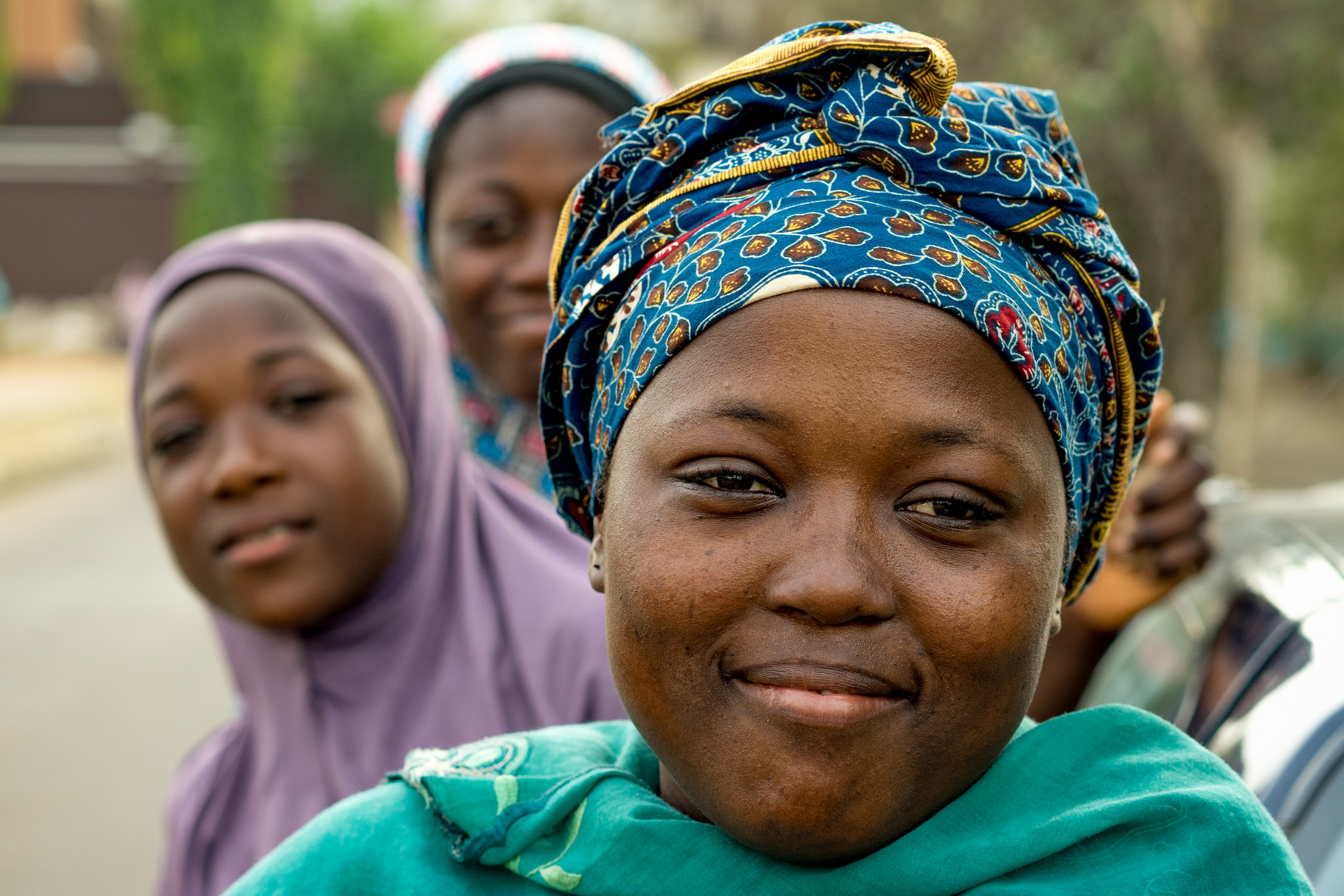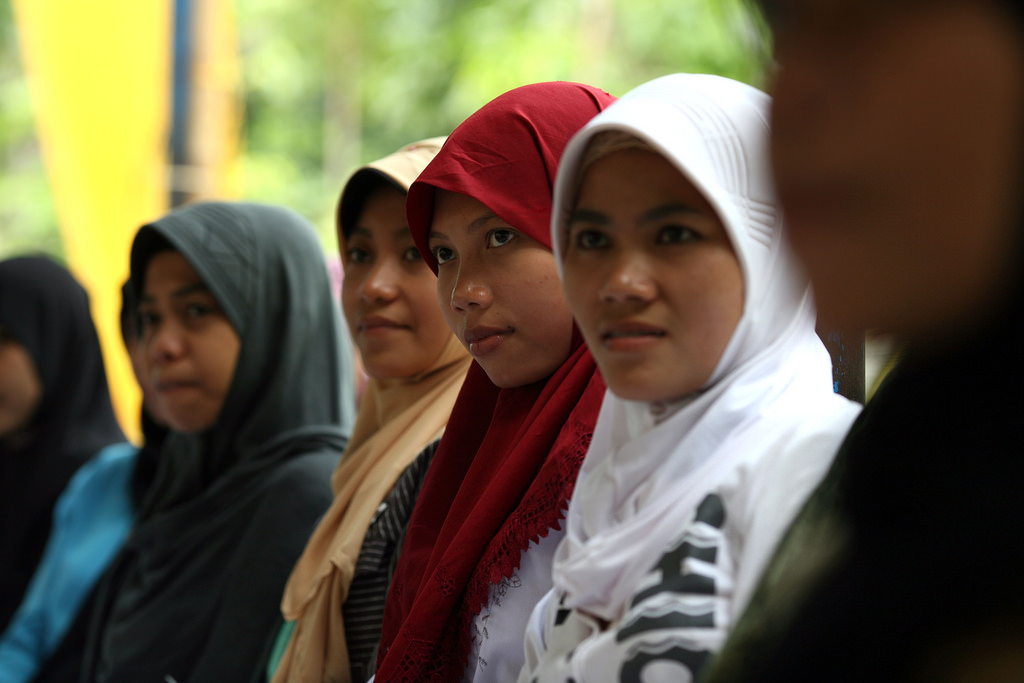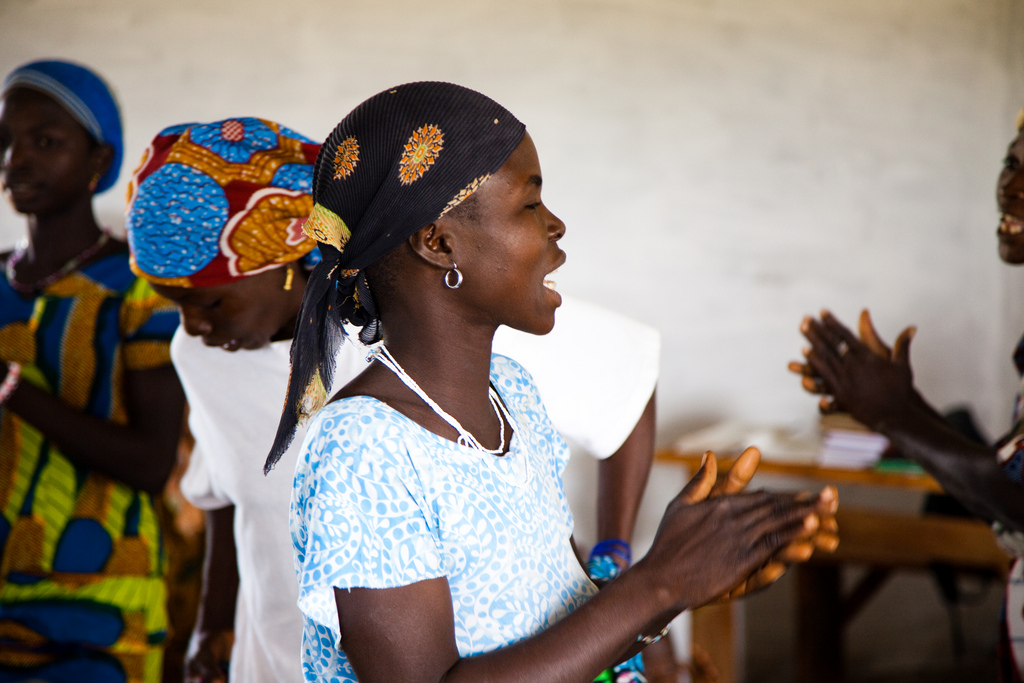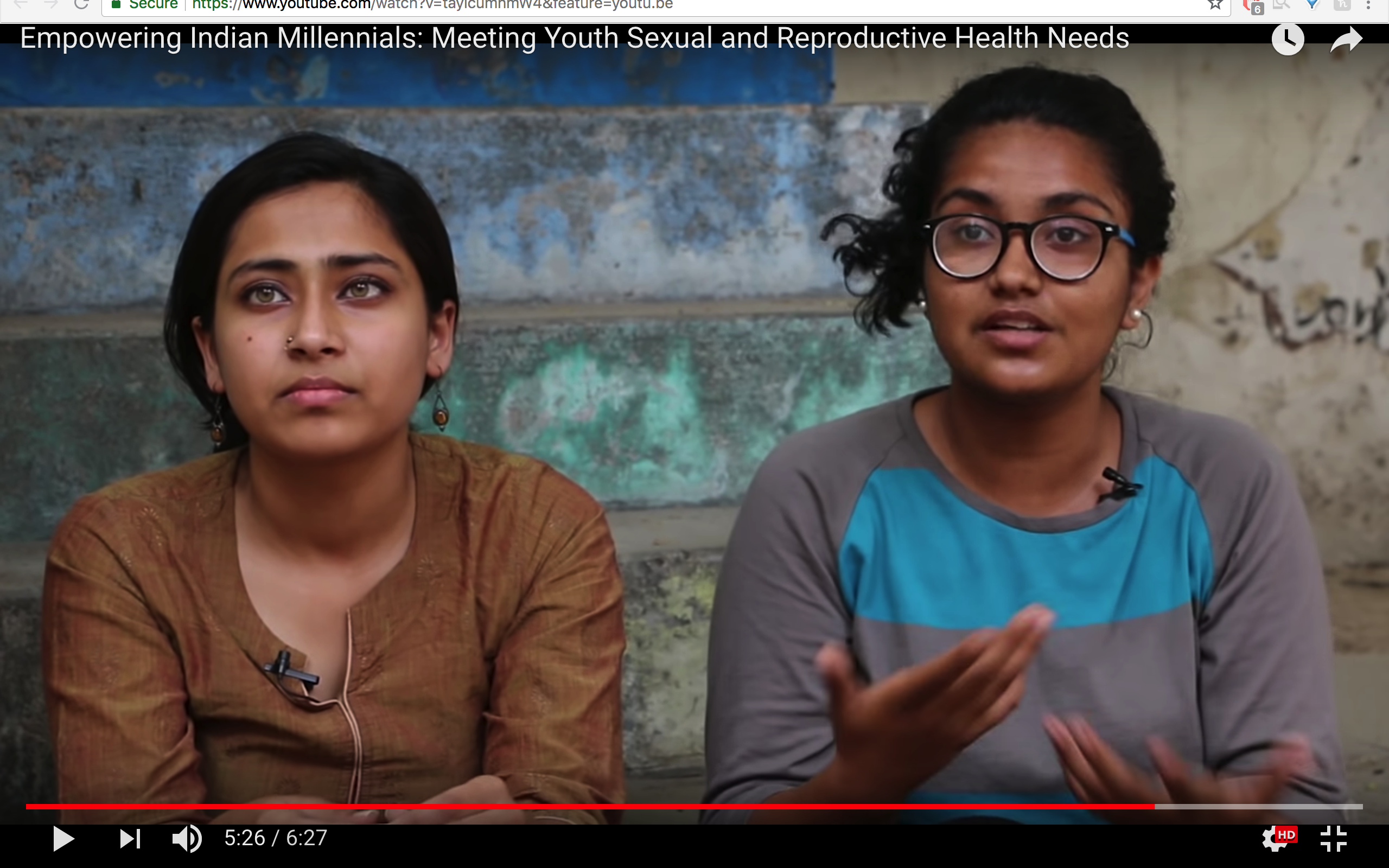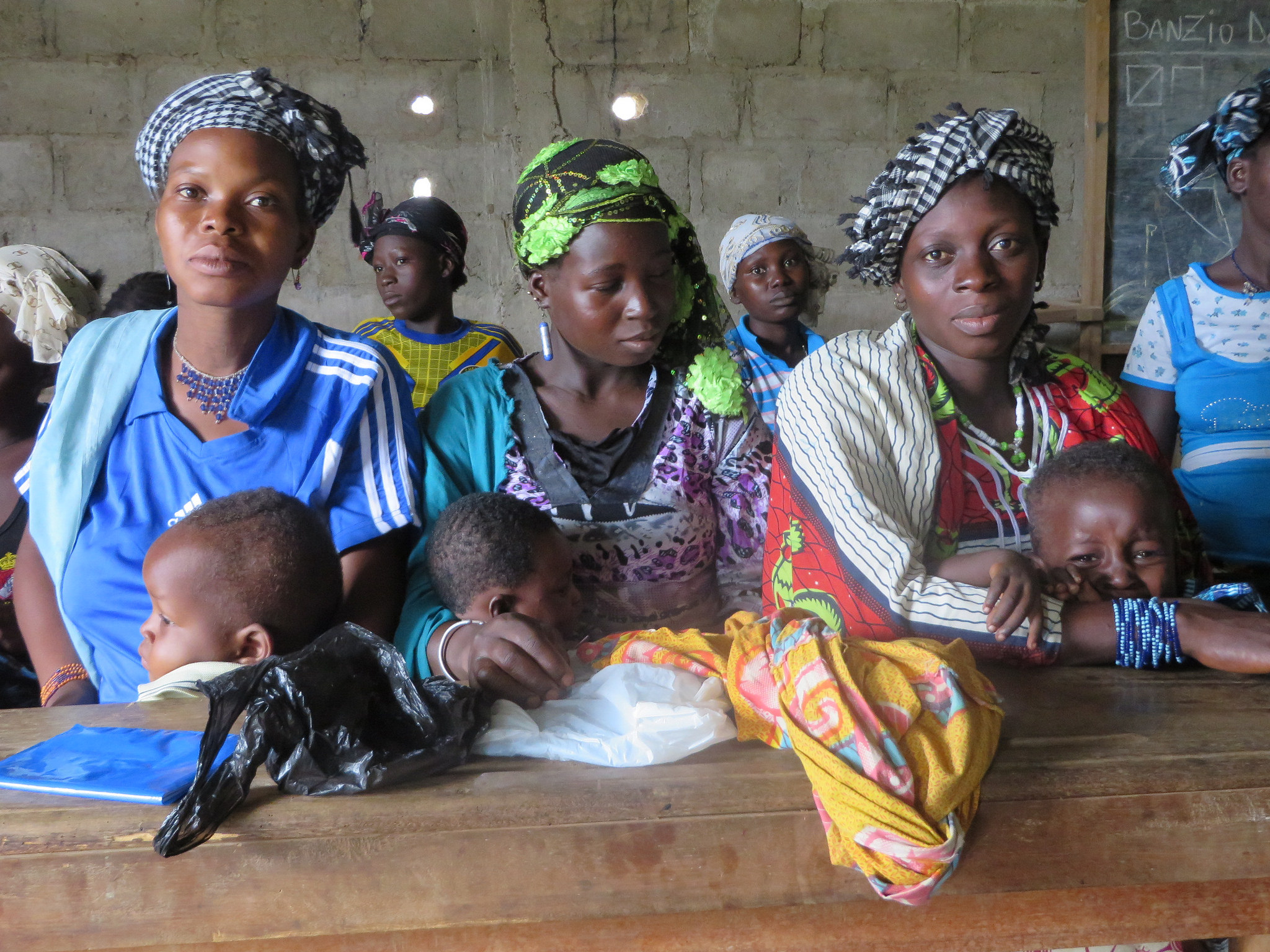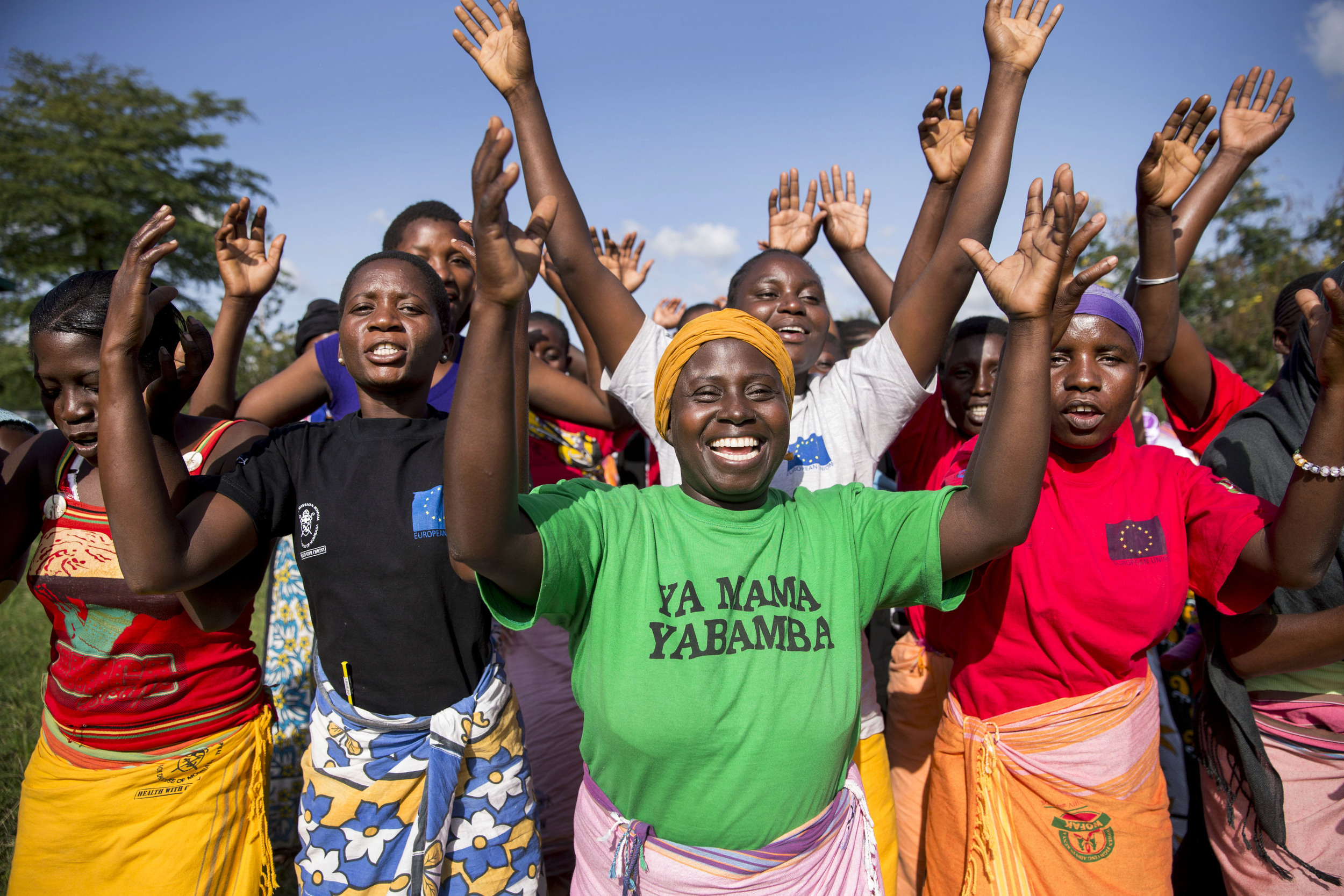View the latest family planning advocacy news from our partners.
In June, the Government of India earmarked $409,470 to expand its “Ensuring Spacing at Birth” scheme across all 34 districts in Maharashtra. Advocates initially sought to extend the effort into one district, but incited a larger advocacy movement for state-wide expansion. Consequently, the scheme allocation for Maharashtra state is a sevenfold increase (646%) from the previous year’s budget of $54,899.
Barpeta, Darrang, Dhubri, and Morigaon districts in the state of Assam, India are beginning to see results after establishing a comprehensive mechanism to provide family planning counselling and services for eligible couples in public health facilities.
In June, Kapchorwa district council in Uganda approved a framework developed entirely by local community stakeholders to monitor and track family planning supplies to the last mile. The first of its kind, the plan does not require funding and involves all stakeholders in the commodity supply chain to ensure that each one safeguards access to family planning and reproductive health commodities.
The Jhansi district of Uttar Pradesh, India strengthened 11 facilities to provide quality female sterilization services between May and October 2017, eight of which began providing the services for the first time. Fixed day services (FDS) ensure that quality female sterilization services are available on a designated day every week, all year long rather, than only during particular months of the year.
Twenty-five health sub-centers in the Sitapur district of Uttar Pradesh, India that initiated fixed day services (FDS) for intra-uterine device (IUD) services are beginning to see results. Uptake of IUDs increased 30-fold, from 20 insertions between July 2016 and June 2017 to 685 insertions between July 2017 and June 2018.
In December 2017, the Nasarawa State Commissioner of Health released five million Nigerian naira (US $14,000) from the 2017 state budget for implementation of family planning activities [1]. By February 2018, all of the funds were spent as planned—to train community health extension workers (CHEWs), procure family planning-related supplies (e.g.
For the first time ever, Nigeria’s Plateau State government approved a dedicated budget allocation of 23 million naira (US $64,200) for family planning in the state’s 2018 budget. The budget was passed into law in February 2018. [1]
The governments of Ambon, Kapuas Hulu, Karawang, Kuningan, and Tual districts committed to sustain their advocacy activities when the Advance Family Planning (AFP) initiative completes its mentoring and assistance in October 2018.
Between September 2017 and March 2018, 17 communes in Togo signed commitments to allocate 5% of their annual health budgets for sexual and reproductive health and family planning. As of May 2018, 16 have already allocated funds totaling nearly US $32,000 (18.3 million Central African Francs).
Advance Family Planning (AFP) local partner Jhpiego India, in collaboration with Population Reference Bureau, launched a new video[1] and factsheet[2] entitled
In December 2017, the Government of Côte d’Ivoire allocated 500 million West African francs (XOF) (approximately US $930,000) toward purchasing contraceptives in its 2018 budget.
On May 11, 2018, Kenya’s Pharmacy and Poisons Board approved an application by Pfizer Laboratories Ltd for a change of label to allow self-injection of subcutaneous depot-medroxyprogesterone acetate (DMPA-SC). Now, DMPA-SC contraceptives in Kenya are approved to have a 36-month shelf life, 200-pack presentation, and self-injection label options.


